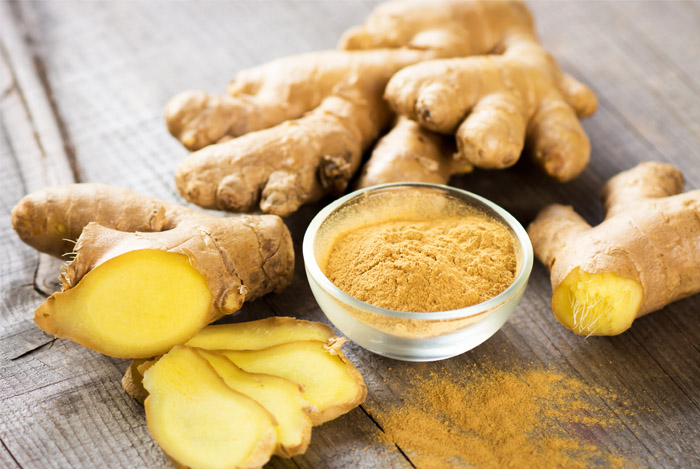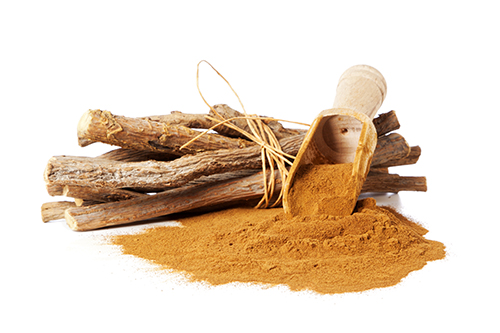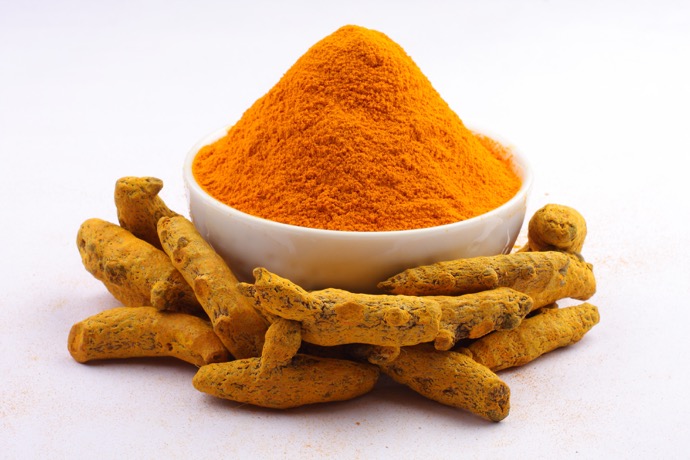Aspirin is one of the most common medications out there for easing headaches, reducing discomfort associated with inflammation and soothing general aches and pains. However, aspirin is not safe for everyone, and severe reactions have been known to cause serious illness and even death. While the majority of people can tolerate aspirin without any problems, it’s worth knowing about a few natural alternatives just in case.
Willow Bark
Before there was aspirin, there was willow bark, and aspirin was actually synthesized from this miracle plant. Willow bark is known for it’s anti-inflammatory properties in addition to being a mild pain reliever, fever-reducer and blood thinner. You can find willow bark in many forms, including extracts, powder or tablets. You can also make a tea from dried leaves, or you can chew on the leaves from a living plant in order to experience relief from a wide-range of minor aches and pains.
Ginger
Ginger root has been used as a medicine for thousands of years, and it can be eaten by itself, combined with food or steeped like a tea. Ginger is a potent anti-inflammatory agent, digestive aid, can soothe nausea, relieve cramps and help to regulate blood pressure. It is also a natural blood-thinner, and many people who suffer from motion sickness have experienced relief after taking ginger as well.
Licorice
Licorice root is known to heal the lining of the stomach in people who developed ulcers from taking too much aspirin. Additionally, licorice is known to have strong anti-bacterial, anti-inflammatory and anti-viral properties. It is also a traditional remedy for chest colds, sore throats, asthma and bronchitis as it works as a natural expectorant. Consider taking licorice if you have mouth ulcers or canker sores, because the same properties that heal the lining of the stomach can also repair damage to the mucous membranes in the mouth and throat.
Turmeric
Turmeric is another centuries-old remedy for reducing inflammation, pain relief, calming nerves, inhibiting allergic reactions, reducing fevers and soothing headaches. Like ginger, turmeric has dozens of other medicinal attributes that are worth becoming more familiar with as well. You can take turmeric as a supplement or use it as a spice in your food, and you can also add a little bit of water to the powder in order to create a topical paste. The paste is a good antiseptic, and it also helps to kick-start the healing of minor cuts, scrapes and bruises.
Kava Kava and Neem
Kava Kava is known to have an overall calming effect on the body, but it also helps to relax tense muscles, soothe general aches and pains and soothe headaches. Neem is best-known for treating a variety of skin conditions as well as being a potent anti-parasitic agent. However, it also has mild sedating effects in addition to reducing joint inflammation and soothing body aches.
These are just a few examples of dozens of natural alternatives to aspirin that are worth considering. It’s also important to remember that while aspirin can help to ease symptoms, it does not necessarily address the underlying cause. Take time to learn more about these and other alternatives to aspirin that can provide wide-ranging health benefits in addition to giving you relief with minimal side-effects.





